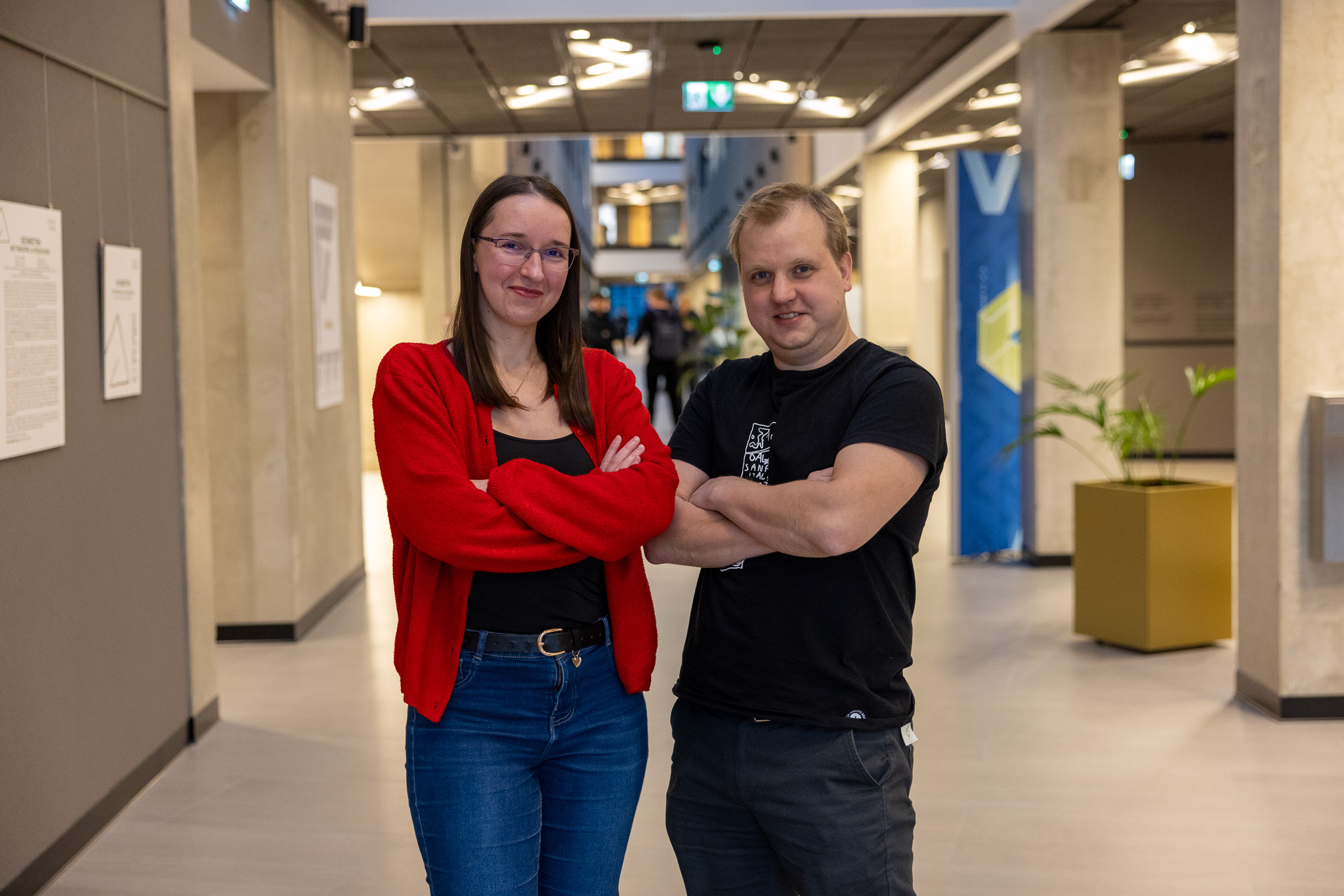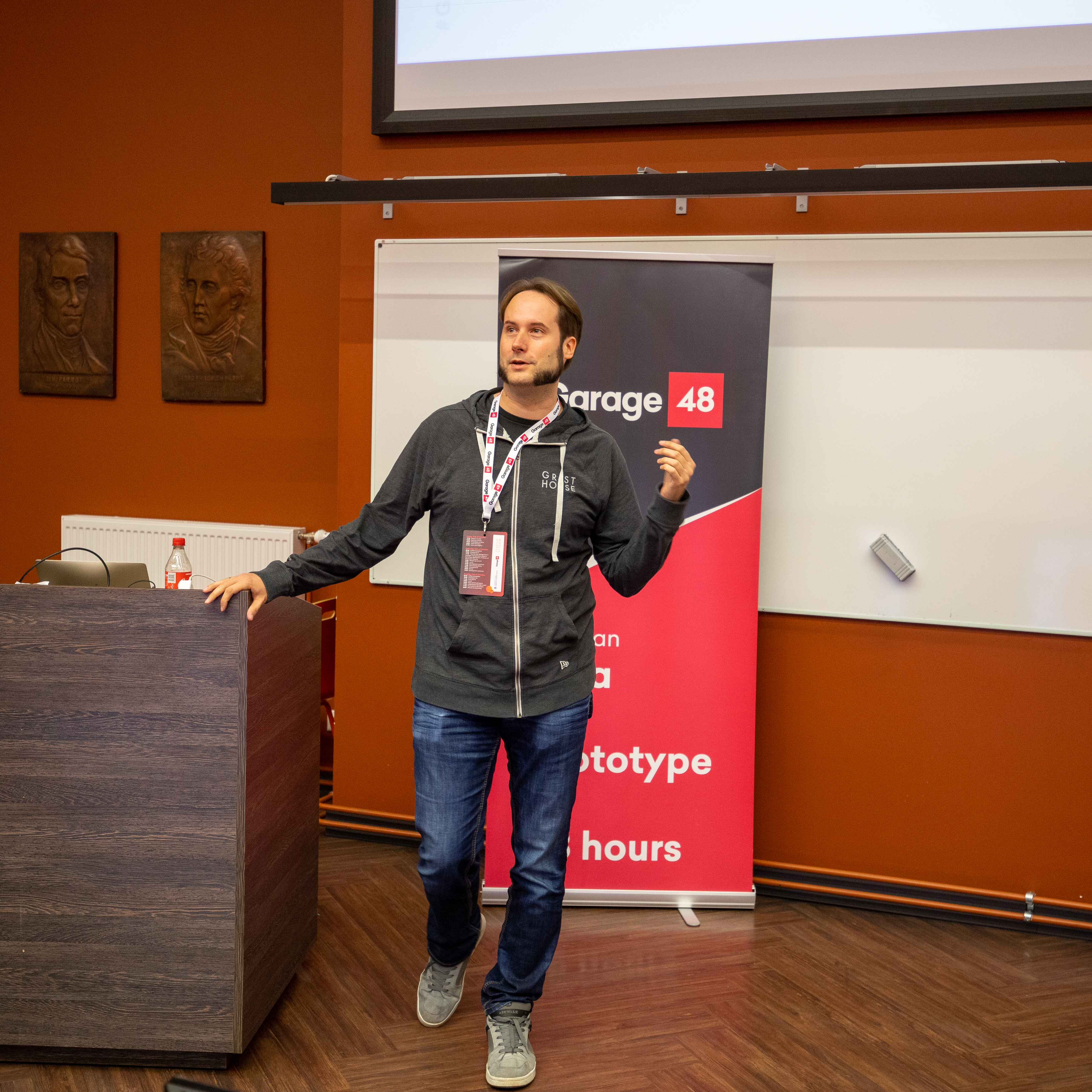Author: Heisi Kurig
Receiving a grant from the European Research Council might seem rather impossible. The rates for success are quite low, competition very tough, and you feel that you are not yet ready to write a successful application. Nevertheless, you should cast aside these doubts and apply for an ERC grant this season all ready. Here are the reasons why:
1. It is always a good time to write an ERC grant proposal
Many researchers say that they do not apply yet because they are still building their CV and/or polishing the research idea. This approach means that they would spend another 1-2 years on their development. However, getting early feedback on your researcher profile and idea from the panel members can help you to focus on truly crucial aspects of your skillset and idea during this time.
Even though you might be withheld from re-submitting your application for a year or two, you always get feedback on the part B1 of your ERC grant application. Thus, the minimum three members of the evaluation panel read through the cross-domain explanation and the extended synopsis of the project, your CV, and track-record.
Their thoughts and comments are summarised, and all the feedback is forwarded to you. Thus the benefits of early submission are that (a) you can make sure you develop your idea in the right direction; (b) you take the resubmission penalty when you have planned another year or two for your development anyways, but in this case with valuable feedback; (c) you actually might receive a grant on the first submission already!
2. Practice leads to perfection

The statistics from the year 2017 on the successful ERC Starting grant applications show that the probability of receiving an ERC grant at least doubles with each resubmission. In numbers, the average success rate among the first-time submitters is 8% and the second-time submitters are 14%. These numbers are a clear indication that you can improve your idea with each time you submit the ERC grant application and persistence leads to success.
3. You do not get such high-level feedback from anywhere else
The panel members are all highly recognised in their domain of research and have a broad mind regarding science and innovation. They have discovered the essence of successful and high-impact research. The reviewers evaluating your application in the second phase are the most progressive and knowledged researchers in your narrow research field.
They are well-informed about the newest research accomplishments and know all the latest tricks which would help you to achieve your research goal. These researchers, both the panel members and reviewers, are a unique source of information and have so much insight to share.

However, what scientists on such level lack is time, including time to give feedback. When you submit your ERC proposal, the least you get is the undivided attention and feedback from at least three panel members. Should you reach the second phase of evaluation, you get additional feedback from at least 6 reviewers.
Consider alternatives; it is nearly impossible to have so many scientists at such a high level of expertise to give feedback to your proposal by just asking around or e-mailing them your draft.
4. A silver medal for a good attempt
Scientists reaching the second phase of evaluation are already acknowledged as a high-level researcher by ERC evaluation panel. They have received the highest possible grade, A, for their research idea and competence.
However, the competition at the top-level is intense: not all A-graded applications can be funded. Thus, the Estonian Research Agency (ETAg) has launched a support programme which also includes a grant for the scientist who reach the second phase but do not get an affirmative funding decision from ERC.
The grant, informally a.k.a. The Consolation grant provides these scientists with the opportunity to continue their research in Estonia. There is only one additional eligibility criteria for this funding: the scientist has to submit a new ERC grant application from an Estonian research or development institution during the next call for proposals.
The Consolation grant is up to 100 000 EUR per year and can last for 1.5 years and can be received multiple times, should you reach the second phase of evaluation again. Taking into account that approximately 30% of applicants reach the interview phase i.e the chances you will get funded in one way or another is little less than 1/3.
5. Gain widely useable experience in grant writing
The feedback and skills you obtain when applying for an ERC grant are easily transferable to other proposals for other funding schemes. For example, you can apply for a personal research grant from ETAg or find some other funding possibility using a database like Research Professional. For example, prof. Elmo Tempel said that all of his research ideas have received funding. It just might take a few attempts in different funding schemes.
One thing sure, you have to point clearly out the purpose and expected the outcome of your research, your expertise, and the available infrastructure in all grant applications you ever write.

As stated before, the practice leads to perfection – each application you write improves your writing skills. In that perspective, the feedback you get for your ERC grant application has the much wider impact than just improving your next ERC proposal.
Hopefully, this reasoning has been able to shed some light on the impact writing an ERC grant proposal has on a scientist.
Although, it might not be evident at the beginning, applying for a financing from such highly recognized funding scheme can have a strong positive influence on your skills and career even when you are not funded (at this attempt!). Thus, give it a try and join others for a series of workshops “From an idea to successful ERC grant application”.


